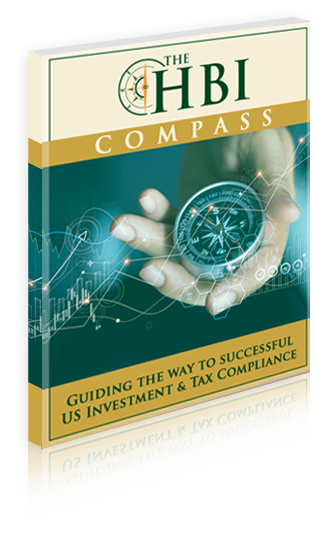If you’ve recently acquired your first investment property, or are thinking about doing so in the near future, it’s a great step toward building wealth. As with any worthwhile endeavor, though, there’s always a bit of a learning curve at the start. But one effective way to get through it as quickly and successfully as possible is to brush up on some of the common mistakes new landlords make.
Mistakes First-Time Landlords Make
- Charging too much for rent. Many new real estate investors are eager to maximize profits by charging the highest rent they figure they can. But believe it or not, the most successful landlords tend to charge a little below market rates at their properties. This allows them to hold onto good tenants and deal less with costly vacancies and the turnover process. If you’re not seeing much (or any) interest in your listing within a few days, there’s a good chance you’ve set the rent too high.
- Charging too little for rent. Of course, the flip side can be true, too. Hopefully you’ve done all the financial calculations to determine how much you need to bring in each month to cover your expenses and earn a profit. But if that number still has you notably below comparable rates in the area, or if you’re seeing an excess of interest in your listing right away, you may be shorting yourself with rent that’s set lower than you can charge.
- Underestimating ongoing costs. Your rental properties will incur maintenance costs. Tenants and their pets cause wear and tear, leaks spring, appliances break, and so on.
- Not doing your due diligence on prospective tenants. It’s incredibly important that you thoroughly screen anyone you consider taking on as a tenant in your rental property. Know what to ask for on the rental application, and always make sure you perform a credit check and a background check, and always verify employment and income.
- Becoming emotionally invested in tenants. If you become friends with your tenants, it’s likely to affect your business decisions. You may allow for late or partial rent payments, choose not to raise the rent at the end of the lease term, skip scheduled inspections or let damage slide, etc. While it’s great to have a pleasant relationship with your tenants, keep it professional.
- Not treating this investment like a business. While most people take on investment properties as a side gig for a secondary source of income, it still has to be handled like a business. Keep records, make time for it as needed, and otherwise treat this as professionally as your job.
- Using a property management company. Just to clarify, we’re talking about new landlords here. There are a number of considerations when deciding whether to use a property management company, and it can be a great option in some cases. But when you’re starting out, you’ll learn a lot about your business by doing things yourself, and this experience will prove invaluable. Learn the ropes before you hand most of the responsibilities off to a third party.
- Only using one source of financing. The most successful real estate investors take advantage of multiple funding sources. In addition to bank financing, they pursue other avenues such as hard-money loans, joint equity ventures, and private loans.
- Sticking to one property. Obviously, you need to start somewhere. But make it part of your plan to acquire additional rental properties. When you only have one, it’s likely that it will eventually start to seem like more of a hassle than it’s worth. Once you develop systems and get more familiar with running your real estate investment business, though, the revenue from multiple properties will make everything seem more than worthwhile.
- Not looking for ways to maximize income. There are plenty of ways to increase income from a property without raising the rent. The savviest real estate investors look for every opportunity to make their property work harder and earn more for them.



